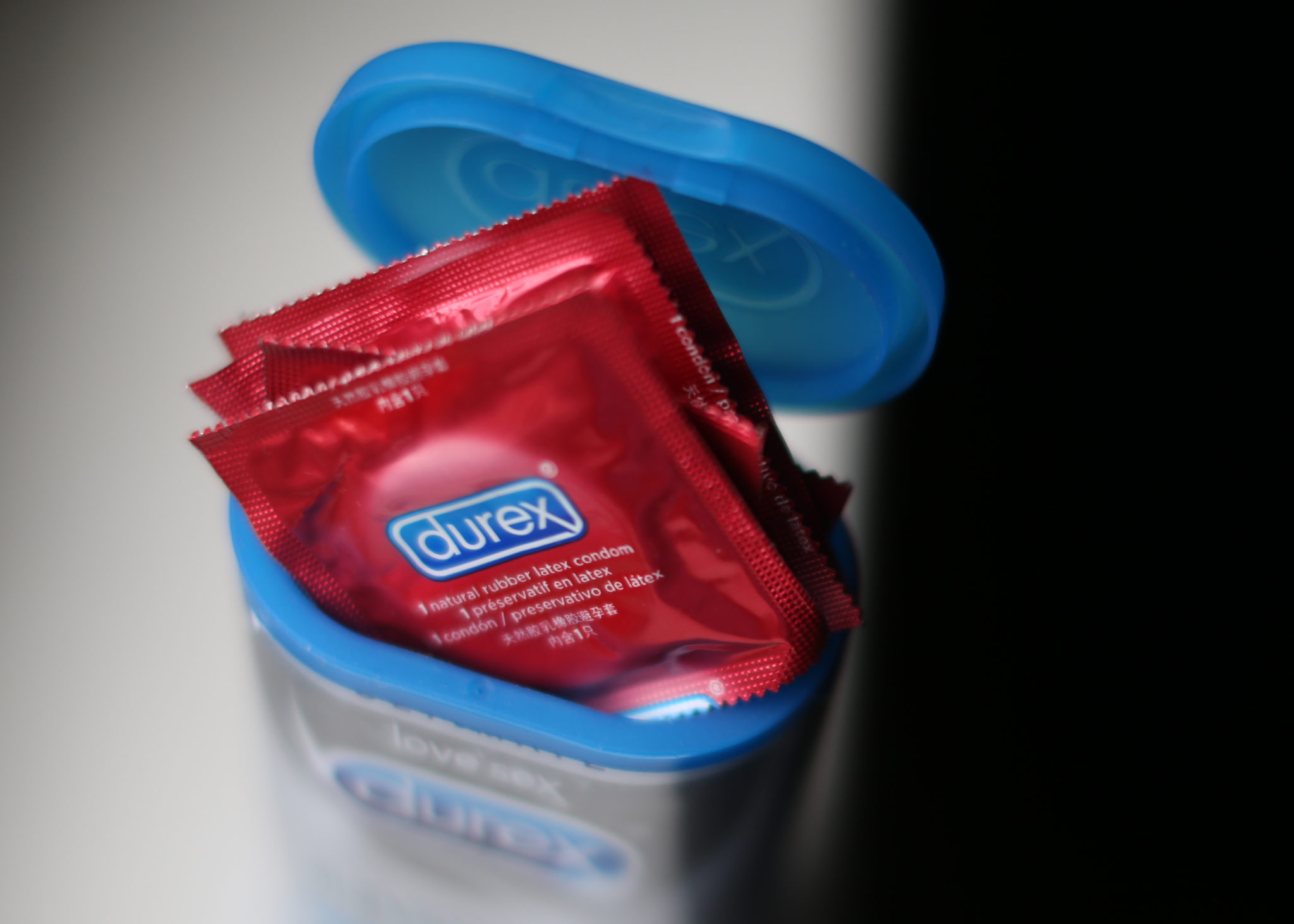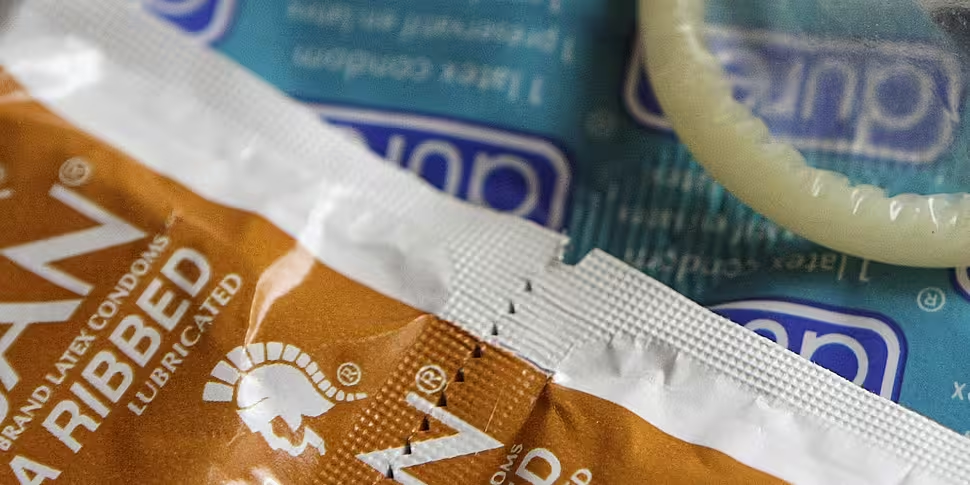A new campaign to address misconceptions and reduce stigma around HIV in Ireland has been launched by the HSE.
Human immunodeficiency virus (HIV) is a sexually transmitted illness that damages cells in your immune system.
If untreated, it can leave your body incapable of fighting infections and diseases, which can lead to life threatening conditions.
There is no cure for the disease, but with effective treatment, those who contract HIV can live normal, healthy lives.
In 2024, 1,023 people in Ireland received HIV diagnoses, according to a recent report by the Health Protection Surveillance Centre.
 Pack of Durex condoms. Picture date: Thursday April 30, 2020.
Pack of Durex condoms. Picture date: Thursday April 30, 2020.HSE clinical lead Professor Fiona Lyons told The Pat Kenny Show that HIV is still hugely stigmatised in Ireland.
“It’s not unique to Ireland – it's such a huge problem internationally that UNAIDS has set a target that we need to have zero HIV rated stigma by 2030,” she said.
“In Ireland, we do know from research that’s been done that there’s still quite a degree of stigma experienced by people living with HIV, both in the general population and within the care setting.”
AIDS
Prof Lyons said that HIV can develop into AIDS if left unchecked – but that the vast majority of people who do seek treatment do not reach this point.
“Left unchecked without effective treatment – which is absolutely available now – the virus's job is to make more virus,” she said.
“The collateral damage with that is that the immune system of the host who is accommodating this virus is compromised.
“Some malignancies are more common in people who have unchecked HIV such that their immune system gets to a stage where they may develop an AIDS condition.”
 A GP consults a patient, 17-2-24. Image: Aaron Amat / Alamy
A GP consults a patient, 17-2-24. Image: Aaron Amat / AlamyAccording to Prof Lyons, individuals receiving treatment for HIV will not pass the disease on to others.
“If on effective treatment, people will not transmit HIV to their sexual partners,” she said.
“In respect of pregnancy, should people wish to become a parent, then if the person who’s living with HIV is on effective treatment, there is very, very little chance that baby is going to be infected.
“We know that if the person who’s pregnant is on treatment before they conceive, then the chances are lower because [there is] no exposure to the virus to the baby at all during pregnancy.”
Sexual activity
Prof Lyons warned that the virus does not discriminate and can be contracted by anyone who is sexually active.
"We do know that the diagnoses of HIV are disproportionately borne by gay, bisexual and other men having sex with men in Ireland – but they’re not the only people,” she said.
“Anyone can get HIV – the virus doesn’t discriminate.
"So, if somebody is sexually active – especially if they’re changing sex partners and not using condoms - then they should consider the right thing to do for themselves and others is to have a HIV test.”
Where and how to get treatment
HIV testing, treatment and care is free to anyone suffering from the disease in Ireland.
Early symptoms include a fever, sore throat, rash, tiredness, joint pain, muscle pain and swollen glands.
Testing for HIV can be done through your local GP, at one of the four rapid test centres across the country, or by requesting a free at-home STI test from the HSE.
Featured image: File photo of condoms. Image: Niall Carson/PA Archive/PA Images. Image: 15-04-2009









